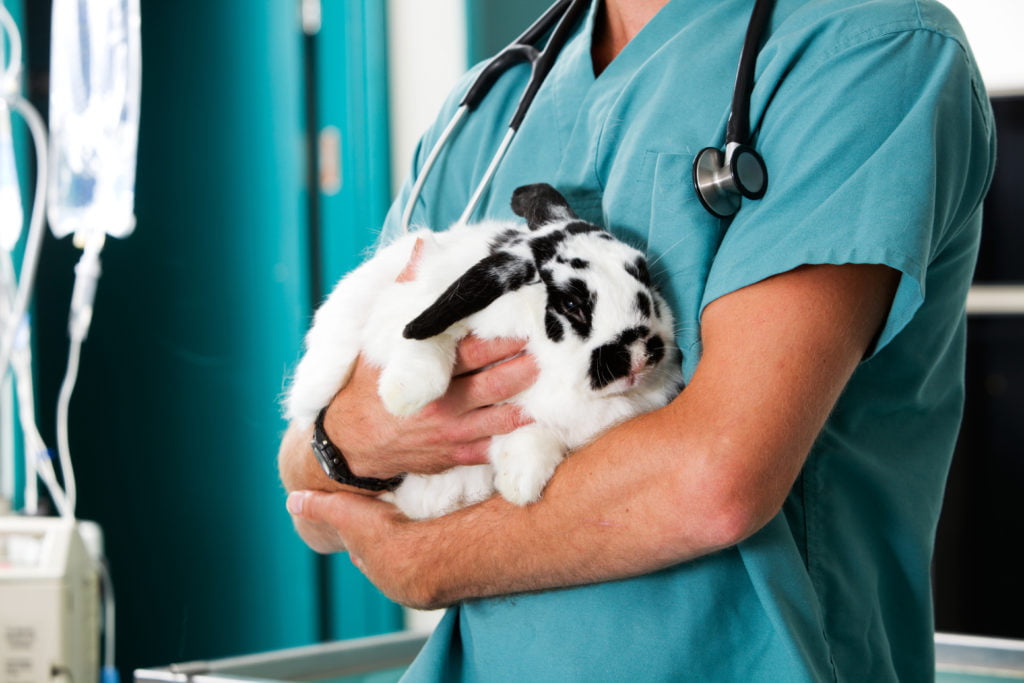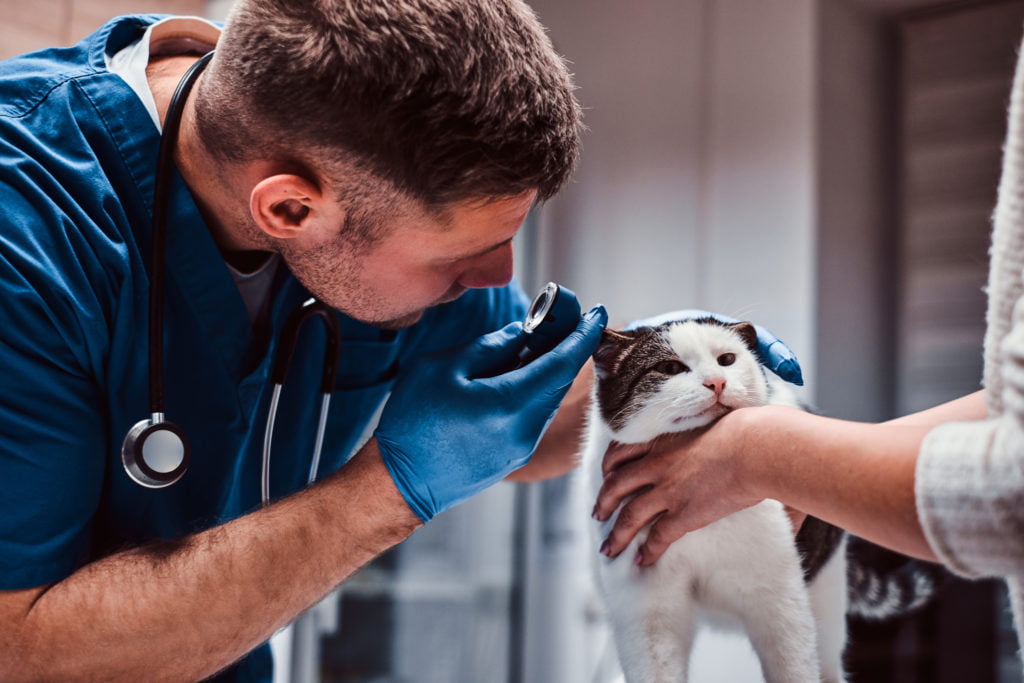As a veterinarian, I have been lucky enough to have chosen a job that affords me an extensive array of paths to explore – sometimes concurrently! These directions include (but are by no means limited to) large animals (cows, horses etc.), small animals (cats, dogs etc.), pocket pets (lizards, birds etc.), pathology (disease investigation), epidemiology (disease tracing), medicine specialisation, and surgical specialisation among many, many others.
For instance, I recently completed an 18-month surgical training internship at a specialty referral hospital in Sydney. This being one of the first steps of many in veterinary surgical specialisation. (In case you’re wondering, such an internship involves long, intense hours of study; hundreds of hours of hands-on practicals; and a huge amount of administrative work!)
So, given the intensive and extensive slog of surgical study just completed, as a (working) holiday of sorts, I have (once again) elected to become a locum veterinarian.
So, what is a locum veterinarian?
A locum veterinarian is a veterinarian that travels around an area (suburb, state, country etc.) and fills a role that is unable (for any number of reasons) to be filled by another veterinarian. Think of it as like a substitute teacher, who may fill in to cover a teacher’s sick or parental leave, holidays, training, or other absence.
Locum veterinarians help ensure that veterinary clinics are properly staffed, so that you and your pets can get the care you need, when you need it.
What are the differences between your normal vet and a locum vet?

As far as qualifications for being a locum vet versus a general practitioner (GP) vet, there are no differences (excluding state to state registration).
Each practitioner will have their individual strengths, weaknesses, what they enjoy and what they don’t. Some vets will have special qualifications in specific fields within the veterinary science umbrella. Others will be skilled in many things broadly.
The main advantage that GPs have over locum veterinarians is the continuity of care. If your pet has been treated by your local vet for many years, they will likely have an insight and a bond with your pet that a new doctor can’t possibly have – so continue with them when you are able.
Having said that, sometimes this is not possible and a locum vet will be an excellent alternative. Your pet can also benefit from their diversified experience and a fresh perspective.
Be assured that all vets that are qualified in Australia, regardless of locum, GP or other, have had rigorous training and should be able to help your pet. When they’re in that rare position where they are unable to, there are specialist referral centres. These centres will have a vet highly trained in your pet’s ailment and will be able to guide you.
My journey to being a locum vet
I began this most recent sojourn as a locum veterinarian to take a break from surgical study. But also to allow me to continue my exploration of our big, beautiful country.
Like so many, I too have been impacted by COVID-19 and resulting restrictions. My partner Amy – a veterinary nurse – and I were lucky to have moved to warm, sunny Queensland before lockdown in NSW. However since then, we have been caught in Queensland’s own lockdown on the Gold Coast.
However, this wasn’t altogether bad news. It gave us the ability to explore another path in veterinary science – emergency!
My current role is an overnight emergency veterinarian in one of the local animal emergency centres. The role is one where a veterinarian takes their many years of study and training and applies them to a wide variety of cases which have been classified as emergency by either other veterinary hospitals or pet owners.
The spectrum of cases seen in overnight emergency can be very broad. It can range from pets sneezing all the way to having been hit by a car and sustaining life-threatening injuries.
How do you become a locum veterinarian?

The first part of this is to decide to become a veterinarian. Going into this profession, you need to have your eyes wide open.
Realise that unless you are a business owner, the pay as a veterinarian isn’t great. There are many other careers that have much improved pay. Especially when compared with the years of study and continual training required of you.
Prospective vets must also be aware that it is a very taxing career choice – emotionally and professionally. You are asked to, and often must, bear the emotional weight of very sick and dying patients and their often extremely distraught owners. This can take a massive toll on the inexperienced (and experienced) vet. It is one of the reasons for the shortage of vets worldwide.
Once you have made the decision to become a veterinarian and have qualified from the 5 or 6 years of basic training at veterinary school, then you should (in my opinion) spend somewhere between two and three years in general practice (or equivalent). This allows you to get your basics down pat before even considering plying your trade as a locum vet.
You need to be competent with a variety of different situations. And more importantly, you need to know how to deal with clients. Don’t let anyone tell you otherwise: this is the crux of any veterinary role.
Yes, you also need to be able to triage, workup, diagnose, stabilise, and treat all your patients. However, the main task is to manage the expectations of clients by what is realistically possible and what is financially viable. There is no Medicare for cats and dogs and other pets. Plus, an emotional puppy parent is an interesting creature themselves!
What is a locum vet’s life really like?
The choice to be a locum vet belongs to each individual veterinarian. They must weigh the pros and the cons.
The benefits of being a locum vet include increased freedom to travel, a slightly higher wage (this is generally not reflected on a client’s bill!), and the chance to see a variety of cases one may not see in their own locale.
The downsides include not necessarily being able to build a long-term client base and patient rapport.
Overall, being a locum veterinarian is a great way to work and travel. And it does not have to be forever. As a client and pet owner, if you have to see a locum veterinarian, rest assured they have years of study and training behind them. They should be able to help your furry, feathered, scaled, or otherwise covered (or uncovered) member of the family!










